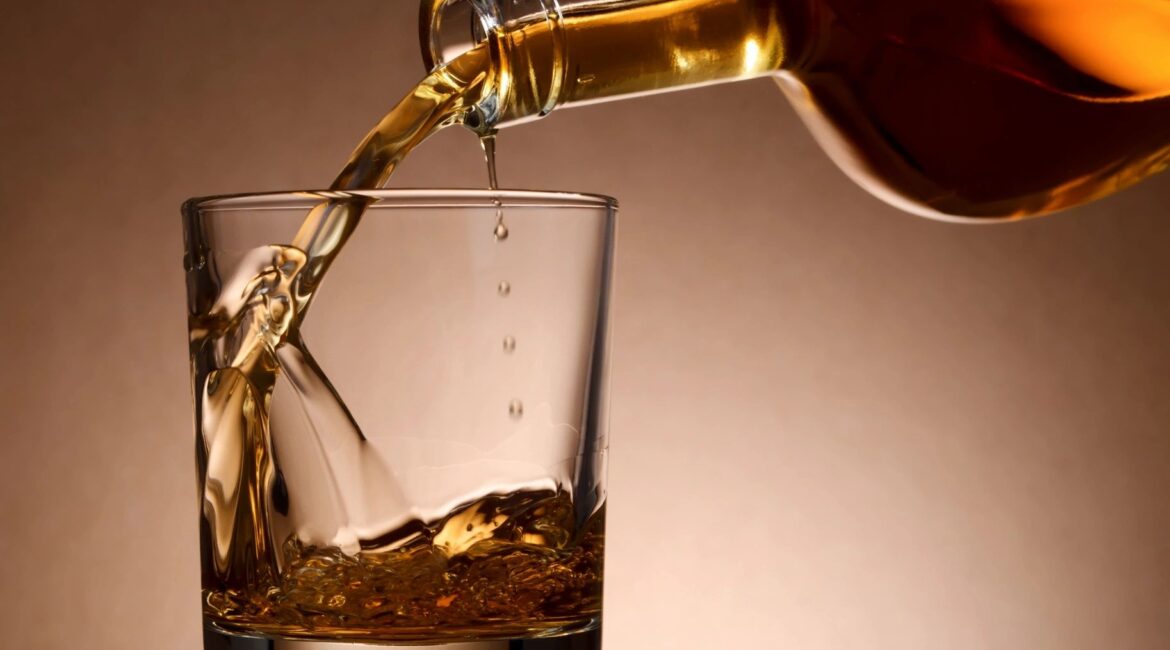Is alcohol a depressant, really? A lot of people would turn to alcohol when feeling down or nervous, as it has them feel better at that moment. However, you have probably heard that it isn’t only an addicting substance, but also a depressant.
What Is a Depressant?
Contrary to the name, depressants don’t mean that they make a person emotionally depressed. Rather, depressants are a type of drug which inhibits or depresses our central nervous system (CNS). This means that anything classified as a depressant would impair and slow the activity of our brains and nervous systems.
If we use CNS depressants, we experience a reduction in our brain activity and awareness. This happens because the depressant would block messages from nerve receptors to our brain. The slowing and blocking would change our emotions, judgments, movements, perceptions, senses, and more.
If we consume depressants, we are instantly more vulnerable to various health risks, injuries, and even death.
It doesn’t have us feel sad when using the drug. They would make us feel pleasant and relax, putting our minds at ease. But when abused or misused, the consequences would add up, and it becomes emotionally depressing to the point it is life-threatening.
Many depressants are very addictive and if abused long-term, it may lead to symptoms of mental health disorders, including depression.
Is Alcohol a Depressant?
While a lot of people would use alcohol as a pick-me-up or as a way to feel better, it’s a depressant for the central nervous system.
How?
Alcohol, just like other depressants, impair and slow your physical and psychological activity. It slows down your brain activity, and reduces your ability to make logical and rational decisions. It also contributes to a distorted judgment and less inhibition, as well as produce other symptoms that are similar to other depressants.
Because of this, while drunk, a lot of people make decisions they would never have done if they were sober.
The Side Effects of Alcohol and Depressants
When consumed in limited quantities or as directed, alcohol, as well as other depressants, would provide feelings of relaxation, also reducing the symptoms of anxiety. However, it does lead to intoxication.
These are the following side effects:
- Impaired motor skills and coordination
- Confusion and/or mental cloudiness
- Cognitive and memory impairment
- Slurred speech
- Blood pressure lowers with a slower or stopped heartbeat
- Slower or depressed breathing
- Nausea and/or vomiting
- Euphoria or seizures
- Sleepiness or unconsciousness
- Emotional instability and/or mood swings
When alcohol is abused and the user is intoxicated, there can be grave and damaging consequences. The user may take more risks and make decisions, which can be a danger to their lives, as well as other people. It may even cause overdose or alcohol poisoning, which can lead to death.
That’s why if you or someone you know suffers from alcoholism and addiction, you should get the help you need. As much as possible, avoid the use of any depressants and talk with a professional on how you can take the initial steps to sobriety.
While alcohol can make you feel your best, it only does so for a short period, only to put you down, especially when abused. That’s why professionals recommend avoiding the use of this depressant or any depressant for the matter.
Hopefully, this article answered your question, “Is alcohol a depressant?” Learn more about such substances to know what you should avoid using for your mental and physical health.





